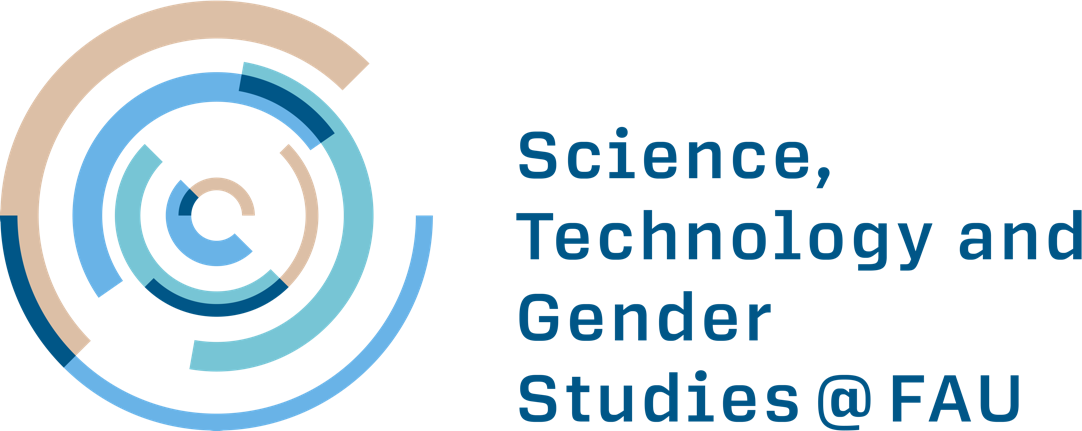Science Communication and the Dissemination of Knowledge in Cold War Greece
Title: Science Communication and the Dissemination of Knowledge during the Cold War
Funding: Our project is supported by the German Academic Exchange Service (DAAD) and the State Scholarship Foundation (IKY) of Greece (IKYDA project no. 57628081).
Main Question: Our project, aims to address the following central question:
Description: Our project focuses on Greece during the Cold War and explores the communication of science within the politically turbulent post-war political context. The years that followed after the Second World War were a period during which science, and especially nuclear physics and space exploration, became the hot battlefields between the Cold War superpowers and their allies. In contrast to the horrors of war, the expected new technologies that emerged from the above scientific developments promised a better and more peaceful life not only for the superpowers like the USA and the Soviet Union but for the whole world. By choosing to “decentralize” Cold War History of Science, we will focus on the case of Greece in the post-war years. The Greek civil war – the beginning of which coincided with the end of World War II – turned Greece from a regional actor into a point of global interest. Although the Cold War period in Greece has occupied many historians, nevertheless the focus is on the diplomatic and political aspects of the Cold War without having been studied at all through the prism of history and communication of science. On the other hand, within the field of the History of Greek Science, the development of science during the Cold War has been little explored. Through the study of the actors and the ways in which the new scientific developments were communicated to the general public, we will attempt to reconstruct both the scientific and political aspects of the Greek postwar history.
Our program sets three main objectives:
- to examine what were the main scientific fields whose developments were communicated in post-war Greece.
- to explore key actors: scientific / research institutions, diplomatic institutions, royal actors, international organizations.
- to examine the ways in which Science Communication and the dissemination of knowledge were attempted during the Cold War.
Participants:
| Friedrich-Alexander Universität Erlangen-Nürnberg (FAU)
|
Hellenic Open University
|
| Maria Rentetzi, Professor
|
Georgios Vlahakis, Associate Professor
|
| Loukas Freris, PhD candidate
|
Iraklis Vogiatzis, PhD candidate
|
| Ekaterina Rybkina, Postdoctoral researcher
|
Konstantinos Konstantopoulos, PhD
candidate
|
Publication
Our plan is to publish a collective peer-reviewed special journal issue based on the final submissions of the workshop’s participants. We envision the two-stage workshop as, first of all, a hybrid event taking place in Erlangen, Germany in February 2023 and, consequently, as an in-presence event taking place in Athens, Greece. Participants are expected to submit a very first draft of their papers before the convening of the first stage of the workshop. We will pre-circulate those in order to facilitate our preliminary discussions. A second final submission is expected before the second stage of the workshop. Total length of final papers 7.000 words plus footnotes.
Important note:
Although very welcomed to contribute, unfortunately, we cannot fund the participation of any scholars besides those already involved in the IKYDA project. We are currently looking for additional external funding to support early career scholars who would be interested to join our two-stage workshop in presence.
Important dates
submission of abstracts (250 words): November 15, 2022
information on acceptance: November 30, 2022
submission of the very first draft: January 15, 2023
first stage of the Workshop (hybrid event): Erlangen, February 6-7, 2023
submission of revised final papers: June 15, 2023
second stage of the Workshop: Athens, July 10-12, 2023
